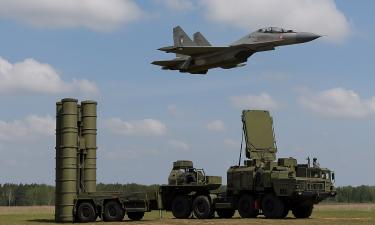USA may benefit from high oil prices
By Michael Steinberg

Forget everything you’ve ever heard or thought of energy independence as an economic concept. As long as oil can be easily transported, with little regulatory or physical constraints, we have a one world market. No country either produces or consumes 100% of its own oil, and the Middle East has lost its grip on worldwide production. Other than an assured supply for the military, increasing US domestic oil production is meaningless economically.
Read also: Oil price may double within 18 months
Natural gas, nuclear, wind, hydro and geothermal domestic production do have an economic impact because these energy sources cannot be easily transported. While increasing production and reducing consumption of oil domestically will not impact the price of oil, switching to fuels that cannot easily be imported or exported will have a definite economic impact.
Read also: The positive side of high oil price
The high price of oil is actually benefiting the US. It is motivating industry and consumers to replace fungible energy with relatively non-fungible energy. Middle East natural gas does not easily replace domestic natural gas the way Middle East oil has replaced domestic oil.
Read also: Oil prices to jump to 200 dollars a barrel
In essence, energy policy should focus on increasing the supply of only those energy sources that cannot be exported, and reducing consumption of all energy sources. When Dick Cheney said many years ago that consumption doesn’t matter; he was right related to the price of oil only - not the overall cost to the economy. The non-oil energy supply-demand model is still relevant to both price and overall economic cost with the scope of the US alone.
Source: Seeking Alpha
Subscribe to Pravda.Ru Telegram channel, Facebook, RSS!





